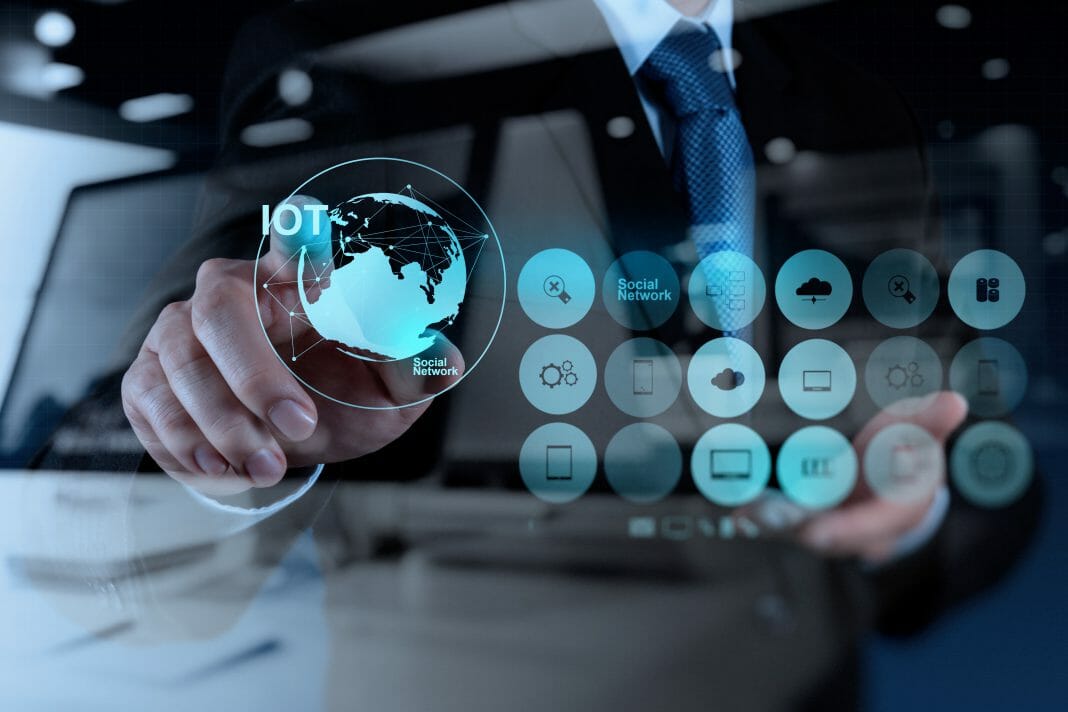Nowadays, information about the time of use of the parts and the history of each aircraft is stored, in many cases, manually and inefficiently
Employing blockchain technology to achieve greater efficiency in the aerospace sector could raise its income to USD 40,000 million, according to a PriceWaterhouseCoopers (PwC) report, published on April 18th.
Through the website of PwC, known as one of the biggest consulting firms in the aerospace industry, Antonio Requena, Responsible Partner of that blockchain platform, said that the impact of blockchain technology on airlines can be massive because it would store the necessary information in a more appropriate way, as well as the history of the devices.
“It is possible to make grow the value of aircraft in the secondary market with this technology. The improvement of efficiency as a consequence of the application of the blockchain technology could increase the income of the sector up to four percent, some USD 40,000 million dollars, and cut the maintenance costs by five percent, some USD 3,500 million”, explains the study.
According to what PwC estimates, and included in the report “Data for the life of the aircraft. How the adoption of blockchain can provide a boost of power and efficiency to the aerospace industry “, this technology would allow restricting access to the information only to authorized personnel. This would also imply an increase in security and protection against competition.
Numerous Benefits
One of the main advantages blockchain technology offers to the aerospace world is the storage of information efficiently, since most of the crucial data to keep airplanes in the air is collected manually and this causes money and time waste.
On the other hand, blockchain technology could also store information regarding the time of use of the pieces, record the repairs operations or replacements of the pieces to reinforce the data management, register the location of the technicians, the manufacturer of the piece, or the exact address of the place where the aircraft will be stored.
In this way, blockchain continues to prove that it is more than a digital transaction record book. It is not only used in the digitization of the public administration of different countries, or to keep medical records and preserve copyright, but it could also be used to record each replacement of the innumerable pieces of an airplane, or to follow the commercialization of food and different products (traceability).
These records in the aerospace sector would be possible since blockchain technology creates “birth certificates” from the stages of different processes. In the case of aircraft, blockchain can create records that will easily be updated and revised by the authorized persons, or the parties involved in the process.
In 2018, the aerospace sector reached 848,000 million dollars. It is a competitive industry which transports millions of people and tons of goods every day and seeks to cope with the increase in demand for air traffic.
The inclusion of blockchain technology would generate, according to the analysts of PwC, a future of increasing profits that would increase with time and with the optimization of the necessary processes.
By María Victoria Rodríguez











